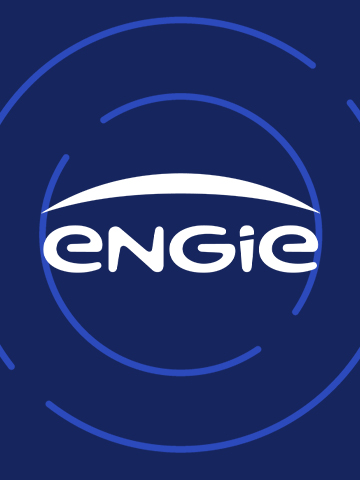Summary
- Corporate and ESG Governance
- Ethics and respect for human rights
- Sustainable Procurement
- Green Finance and green bonds
- Tax Policy
- IT and digital responsibility
- Cyber security and personal data protection
- Influence and responsible lobbying
Corporate and ESG Governance
Because the energy transition and digital transformation are revolutionizing today's world, ENGIE believes that its business model must adapt to these new challenges, shared with all stakeholders. ENGIE's Board of Directors defines the Group's business orientations and the Executive Committee implements the Group's strategy to meet tomorrow's energy challenges.
Find out more about ENGIE's Governance
The Ethics, Environment and Sustainable Development Committee (EESDC), which performs its tasks under the responsibility of the Board of Directors and reports to it, meets quarterly to examine, among other things, ESG-related topics.
The Group’s various Departments put the EESDSC’s work in practice. The Environment Social and Governance (ESG) Department is organized as a filière; in it, the Sustainability Officers (GBU SOs or Country SOs) are responsible for the implementation of the Group’s ESG policies.
ENGIE relies on specific governance for climate issues, illustrated in the Universal Registration Document.
Governance for nature-related topics (pollution, water, biodiversity, circular economy and natural resources) is presented in a dedicated section of the Universal Registration Document.

